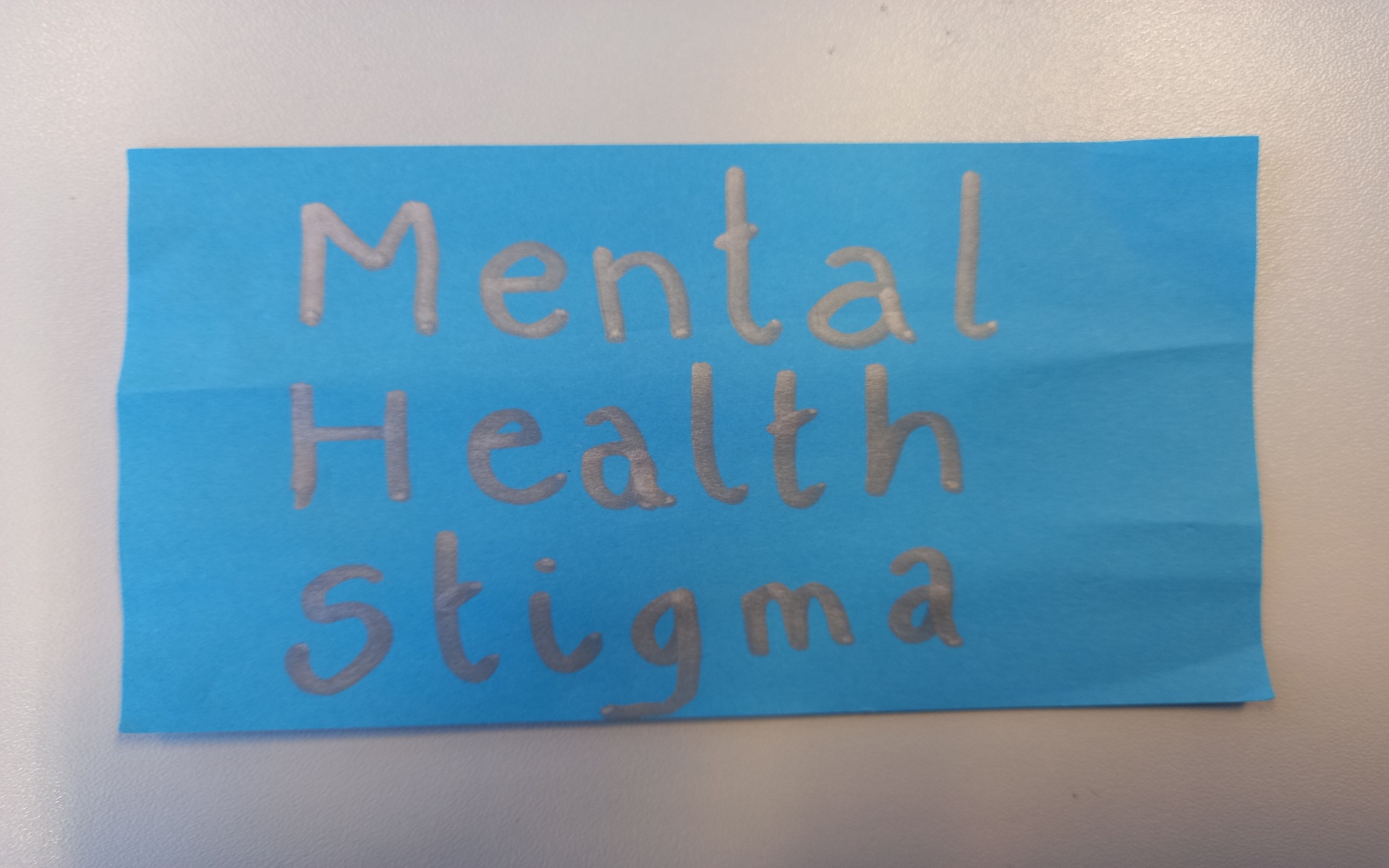
See the Person, not the Problem
24 April 2023
By Matt, member of Steering Group with Lived Experience
Homelessness and severe mental illness are two topics that sadly go hand-in-hand in modern society today. In this article I am going to outline some of the stigmatisation and myths attached to them, and how we at Common Ambition are using the voices of people with lived experience, through co- production to dispel those myths and stigmas, by breaking down these barriers and helping those individuals who face both at the same time, as they often have to deal with increased discrimination from the public and in the system than they may otherwise.
Homelessness is often associated with negative character traits such as laziness, substance misuse, or criminal behaviours, to name just a few. However, these stereotypes cannot be farther from the truth. Most individuals struggling with homelessness are not there because of their own choices, but due to structural issues within the system, such as a lack of affordable housing and proper support. Many individuals suffering from homelessness have a mental illness or disorder that has made it difficult to maintain stable employment, housing, personal relationships and overall stability. This leads to a vicious cycle where a lack of resources, support, and even certain medications can worsen their condition and lead them to feel further ostracised from society.
Those facing severe mental illness also must deal with stigma, in which society tends to view those with mental illness as dangerous and unpredictable people. It is an all too common belief that those with mental health problems are incapable of making decisions for themselves and are lesser in dignity and worth than those who are not afflicted with mental health problems. This stigma prohibits individuals from receiving the help and support they may desperately need, due to a fear of being judged or ostracised from their community. This then leads to further complications and worsening of their mental health.
When homelessness is combined with severe mental illness, the stigma becomes even greater. Society isolates and marginalizes these individuals based on the fear that they may be violent or threatening. Society labels and demonizes these individuals, overly identifying with the stereotype of the mentally ill homeless person. Unfortunately, these stigmas lead to discrimination and mistreatment of these individuals in a variety of settings. They are often discriminated against in the workplace, in medical facilities, and in housing access. This discrimination and ignorance not only inhibits individuals from receiving the help they require but also perpetuates the cycle of neglect and despair, leading all too often to a person taking their own life.
It is important to identify these stigmas and work to change them. Individuals facing homelessness and severe mental illness deserve compassion, support, and the proper resources to create a pathway towards stable housing and treatment for their mental health. It is only when we work together through co-production and using the voice of lived experience to break down the barriers of these stigmas that we can fully assist and care for individuals afflicted with homelessness and severe mental illness. By normalizing and educating people about the realities of homelessness and mental health, we can build a more compassionate, empathetic and caring society. We must break this devastating and sometimes fatal cycle of stigmatization and work towards acceptance and understanding within our community.